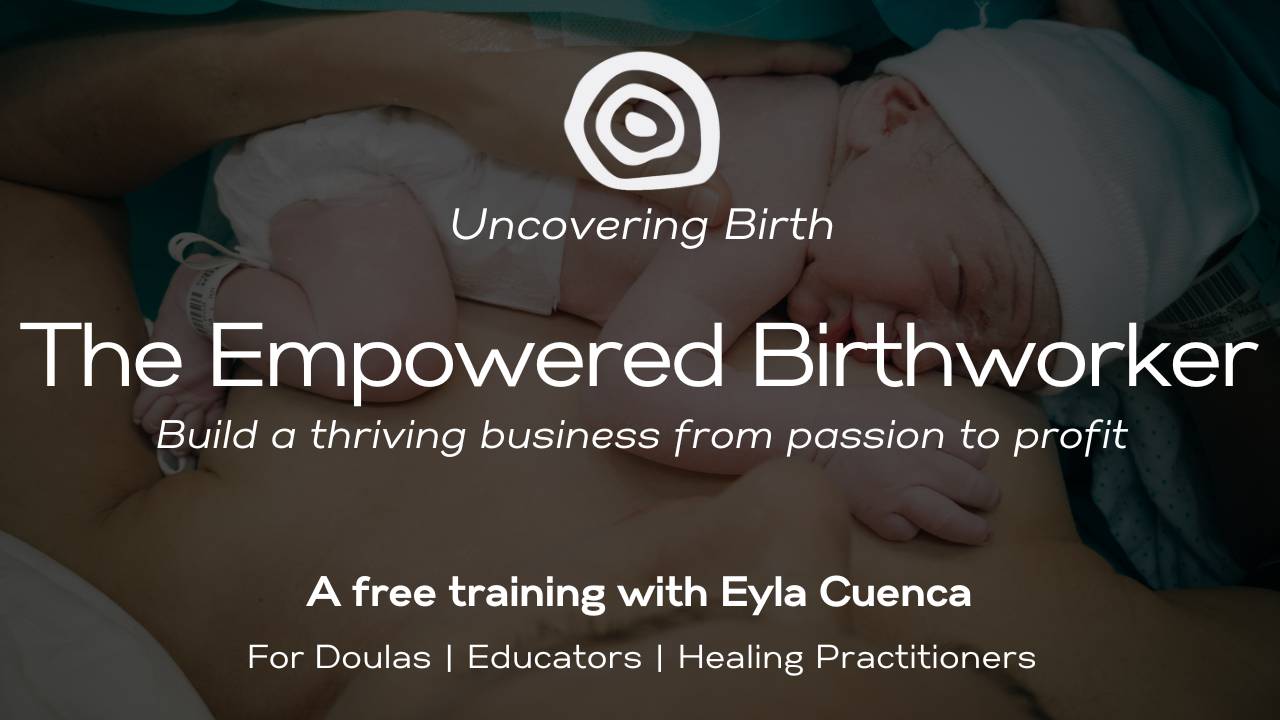The Truth About Your Fertility Window and Choosing a Mate on Birth Control
Dec 23, 2022
A growing body of evidence suggests “textbook” fertility is wrong and that birth control is affecting the way we choose potential mates—and not for the better.
Starting from a very young age, women are taught that they ovulate once a month, typically 10-14 days before the start of a new menstrual cycle, and that a woman’s monthly fertile window is just a few days—the days leading up to ovulation, the day of ovulation, and the day after.
But what if there is more to female fertility than what we were taught in sex ed in high school grade? What if women could ovulate at any time of the month and didn’t just have a brief window during which she could get pregnant?
Can Women Ovulate More Than Once a Month?
One 2003 Canadian study suggests that ovulation commonly occurs more than once a month with some participants ovulating up to three times a month, overturning any notion of once-monthly ovulation with a very short window in which pregnancy can occur.
"What this is telling us is that the ovarian cycles are a bit like two different political parties,” lead author of the study Dr. Roger Pierson says. “Sometimes they go along together, and other times they diverge quite marked.”
Unsurprisingly, you won’t find this information on the first page of Google. In fact, Canadian researchers are far from the only experts who suggest we’ve been collectively led astray about the female body and all its perfectly designed powers.
Dr. Ryke Geerd Hamer, founder of German New Medicine, suggests that women can ovulate at any point in the month—even when she is menstruating. Further, he suggests that, like other mammals, ovulation can occur when a female is in the presence of the pheromones of an alpha male, regardless of what point of her cycle she is in. Women are intrinsically capable of finding a perfect procreative match; that is, without chemical birth control distorting her ability to detect pheromones. This German New Medicine mini course can teach you everything you need to know about ovulation, fertility, and how to avoid pregnancy complications.
Can Birth Control Cause Ill-Suited Partnerships?
A growing body of evidence suggests that hormonal birth control could be causing more damage to women than we ever thought possible.
From a young age, women are prescribed birth control for acne, painful or heavy periods, or even extreme mood swings. When we get older and start experiencing perimenopausal or menopausal symptoms—likely rooted in the cyclical hormonal dysfunction that began as teens —doctors get the prescription pad out once again, prescribing hormonal birth control to offset symptoms of hormonal dysregulation that the prescription itself may have played a pivotal role in causing in our teens or early adulthood. In many ways, this adds insult to injury and continues a lifelong cycle of hormonal dysregulation and a slew of harmful side effects that even include cancer (that your doctor conveniently forgot to mention).
But one steeply under-discussed dark side of birth control is the potential to cause ill-suited partnerships. That’s right: birth control can actually change who you are attracted to and who is attracted to you. This has everything to do with your pheromones.
Pheromones are chemicals that a mammal produces that changes the behavior of another animal of the same species. Here are a couple of not-so-fun facts that demonstrate the effect birth control has on choosing a mate:
-
Birth control makes women more attracted to effeminate men with less masculine voices, facial features, and traits
-
Contracepting women choose partners with similar immunity genes as opposed to naturally ovulating women who choose different immunity genes in mates
-
Women who choose their partner while on birth control “scored lower on measures of sexual satisfaction and partner attraction, experienced increasing sexual dissatisfaction during the relationship, and were more likely to be the one to initiate an eventual separation if it occurred”
-
In multiple studies, men were more attracted to naturally cycling women than their contracepting counterparts
Obviously, there is more at play when it comes to choosing a sexual partner, or mate than pheromones. But given their subconscious and primitive role in our attraction to a potential mate, and the copious evidence showing birth control’s negative effects on male and female mating preferences—it’s worth considering the evolutionarily detrimental and latent harmful impacts on humanity as a whole.
Education is Empowerment
When it comes to fertility, pregnancy, and labor, education is empowerment. If you are feeling overwhelmed by the amount of information available (or not available) to you as you venture into parenthood, please join me in a 1-1 Bespoke Session custom-tailored to your needs. I will help you create an individualized birth and postpartum plan to support your goals and needs.
Our Uncovering Birth Masterclass will also allow both mothers and fathers to get a hands-on, full-spectrum view on how the way we birth can ultimately affect our parenting approach. Through the course, you will gain a deeper knowledge of how labor and birth work, effective relaxation techniques, how to navigate variables and unexpected scenarios through birth, nutrition and postpartum health, and so much more.
This German New Medicine mini-course can teach you everything you need to know about ovulation, fertility, and how to avoid pregnancy complications.




